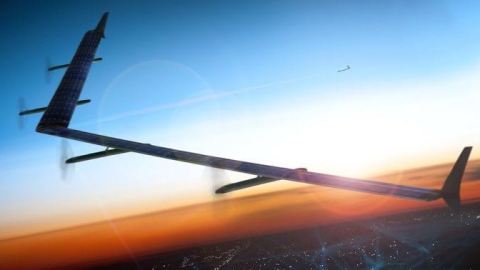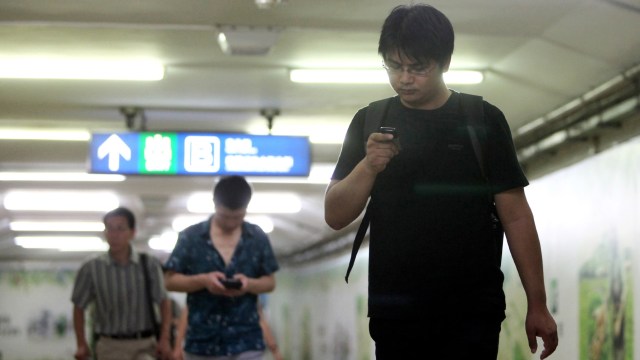Facebook Ready to Test Solar-Powered Drone that Delivers Internet

Facebook has released information on the first full-scale drones designed to deliver Internet services to underserved populations across the globe that lack developed infrastructure.
The solar-powered craft was designed by a U.K. firm and will be tested in the U.S. as soon as guidelines are created to help it fly safely, though no regulatory barriers are currently on the books.
With a wingspan of a Boeing 737, the drones will fly higher than commercial airlines at a height of between 60,000 and 90,000 feet, making them immune to weather. The Guardianpublished this video online:
Since they have no wheels to land or significant engine for lift, the drones will be carried into the atmosphere by a weather balloon, then stay airborne for months at a time, using solar energy to control their glide.
The technology is part of Facebook’s Internet.org initiative that aims to bring new technology to ISPs and, perhaps eventually, will blanket the globe in a Wi-Fi signal.
The project is not without detractors, however, including the original creator of the World Wide Web, Tim Berners-Lee. Internet.org aims to deliver online services to two-thirds of the globe, but access is limited to a “walled-garden version” of the Internet.
Berners-Lee thinks platforms that don’t offer open web access represent a step backward from the democratizing power of the Internet. He told The Guardian:
In the particular case of somebody who’s offering … something which is branded Internet, it’s not Internet; then you just say no. No it isn’t free; no it isn’t in the public domain; there are other ways of reducing the price of Internet connectivity and giving something … [only] giving people data connectivity to part of the network deliberately, I think is a step backwards.
Read more at the BBC and The Guardian.
Photo credit: Facebook





